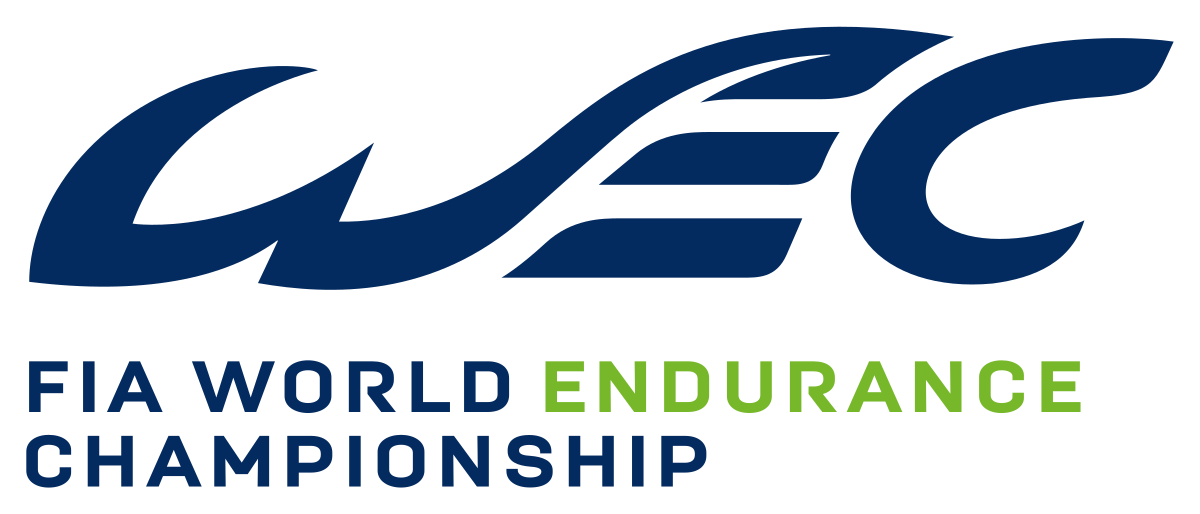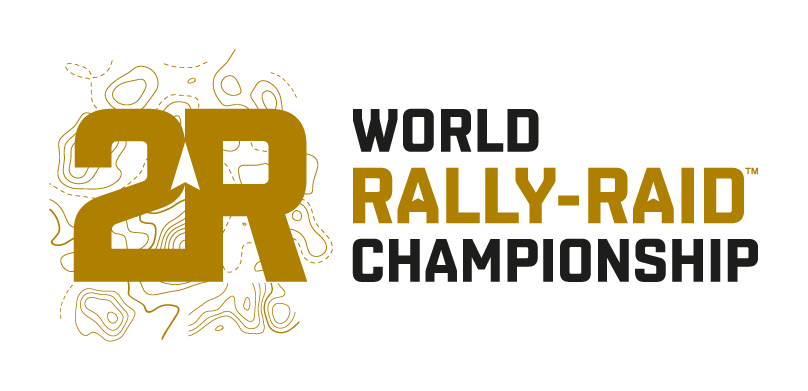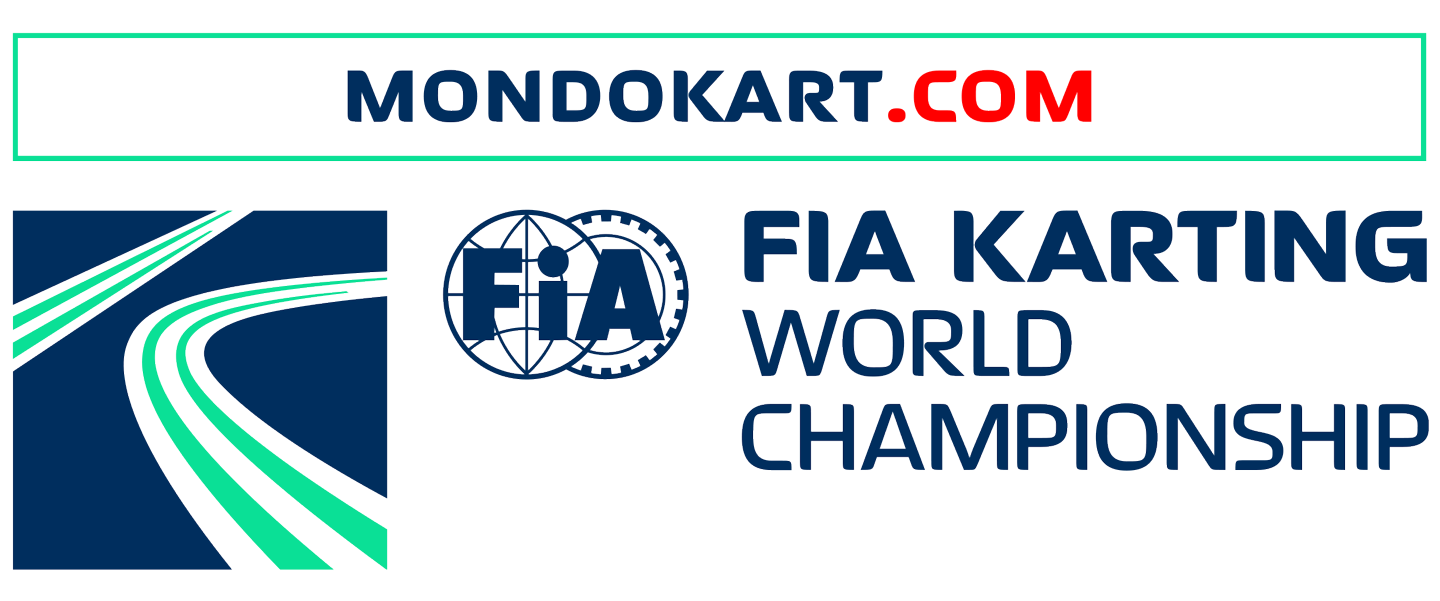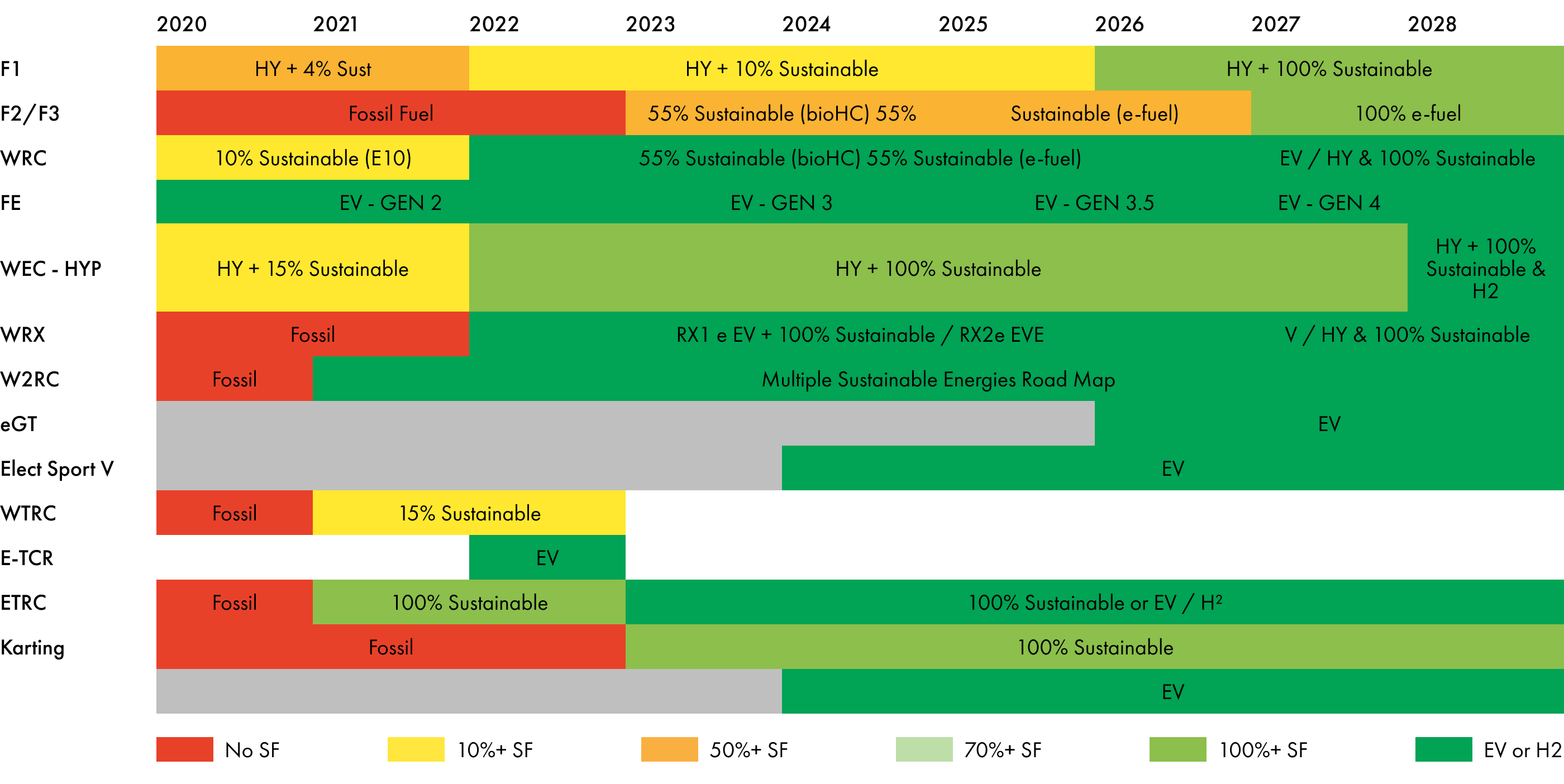World Championships Roadmaps Overview
The FIA closely collaborates with its Championships stakeholders to ensure they meet the organisation’s environmental requirements and ambitions. The following sections detail the progress of each Championship in 2023 towards these objectives. Utilising detailed roadmaps and assessment criteria, the FIA monitors progress to foster a unified transition across disciplines towards improved environmental performance.
Assessment Criteria
Climate Change
Calculation of carbon footprint
Carbon reduction plan
100% offsetting of residual emissions
Innovation and Technology
Sustainability in supplier selection
Sustainable Engine/Fuel
Sustainable Tyres
Sustainable Practices
Green energy application plan
Renewable Energy Powered Infrastructure
Environmental Accreditation Roadmap
Sustainability Strategy
Resources
Integration of sustainability in the organisation
Human and financial resources
| Championships |  |  |  |  |  |  | |
| Progress against FIA Strategy Requirements | Advanced | Meeting FIA Strategy Requirements | Ongoing | Advanced | Ongoing | Ongoing | Ongoing |
Carbon footprint calculation
 |  |  |  |  |  | ||
| Baseline year | 2018 | 2019 | 2022 | Ongoing development | 2022 | Ongoing development | Ongoing development |
| Total baseline* | 256,000 | 44,620** | 79,915 | 2,404 | |||
| Latest calculation year | 2022 | 2023 | Same as baseline year | Same as baseline year | |||
| Total latest calculation year | 223,031 | 32,600** | Same as baseline year | Same as baseline year | |||
| Reduction % (compared to baseline year) | 13% | 27% | – | – | |||
| Commitment on absolute emissions reduction | -50% by 2030 | -45,5% by 2030 | % reduction TBD | % reduction TBD |
Disclaimer: It can be difficult to compare different Championships, given the diverse scopes and methodologies used. To address this, the FIA is actively engaged in drafting a common and verified framework tailored to its ecosystem.
Reduction and Offsetting Initiatives
Our Championships have launched a wide range of different initiatives to support carbon emission reductions, including:
Travel
- Reduction in business travel emissions, through direct flight routes and fewer hotel stays
- Improvements to on-site charging facilities to incentivise use of electric vehicles
- Encouraging carpooling to reduce solo travel
- Investment in sustainable aviation fuels (SAFs)
Logistics
- Investment in alternative low-carbon fuels and electric HGVs
- Switch from air to sea and road freight
- Assessments to identify opportunities to reduce freight and consolidate goods
- Investment in lightweight freight alternatives
Facilities & Factories
- Investment in energy efficient manufacturing processes
- Installation of energy monitoring equipment
- Installation of solar panels
Purchased Goods & Service
- Engagement with the supply chain to better quantify and reduce carbon emissions
- Assessment of existing suppliers to procure sustainable alternatives
- Explore circulatory options to reduce the volume of materials purchased
Other initiatives
- Reduce waste generation – zero waste to landfill
- Improvements to water maintenance and management
- Use of HVO fuel trackside
Sustainable Energies Roadmap
Powering cars with clean energy
In 2021, the FIA, along with its relevant Commissions and stakeholders, developed a comprehensive roadmap for transitioning Championships towards sustainable energy sources for powering vehicles. This roadmap is continuously reviewed and refined to ensure that it is effective and remains aligned with the Federation’s evolving sustainability goals:

Hydrogen Update and Future Plans
The FIA promotes track-to-road technological advancements, as part of its journey towards net-zero. While Formula One’s move towards more sustainable fuels and the development of Formula E are well-known examples, the FIA has also done significant work on hydrogen propulsion as part of its technologically neutral approach.
Hydrogen is the earth’s most abundant element, and offers a renewable, zero-emission fuel option when produced from renewable resources. Its versatility allows it to power vehicles through internal combustion engines or fuel cells, offering zero tailpipe emissions.
Despite its potential, widespread deployment of hydrogen faces technological challenges. The FIA, along with its partner-network, is actively addressing these challenges to ensure that any solutions developed benefit mass personal mobility.

FIA Environmental Accreditation Programme
41 New accreditations were awarded in 2023
2 Promoters
4 Circuits
6 Teams
15 Event organisers
7 Suppliers
7 Members
Since its launch in 2013, the FIA Environmental Accreditation Programme has experienced continuous growth in the number of accredited stakeholders. This upward trend reflects the increasing recognition and adoption of the programme within the motor sport industry:
131 Accredited stakeholders
Total of 131 accredited stakeholders as of December 2023
The initial objective was for all World Championship stakeholders to achieve 3-star accreditation by the end of 2025. While this objective is progressing well, it is now projected to be achieved by 2026. The aim is to integrate this requirement into all relevant regulations.
The inclusion of accreditation in various regulatory frameworks has helped foster the growth of accredited stakeholders:
Teams
| Championship | Level of accreditation required | Regulatory framework |
|---|---|---|
 | 3-star (in place since 2022) | Sporting regulations |
| 3-star (in place since 2022) | Sporting regulations | |
 | 2-star by 2025 & 3-star by 2026 | Sporting regulations |
Organisers*
| Championship | Level of accreditation required | Regulatory framework |
|---|---|---|
 | 3-star (in place since 2022) | Sporting regulations |
 | 3-star (in place since 2022) | Sporting regulations |
 | 2-star by 2025 & 3-star by 2026 | Sporting regulations |
Circuits
| Championship | Level of accreditation required | Regulatory framework |
|---|---|---|
| N/A | Grades 1, 2 and 6R : 3-star by 2025 (only mandatory for Circuits hosting FIA World Championship Competitions) | International Sporting Code + Appendix O |
| N/A | Grades 3, 4 and 6 : 3-star by 2030 (only mandatory for Circuits hosting FIA Sanctioned Championships) | International Sporting Code + Appendix O |
Suppliers
| Championship | Level of accreditation required | Regulatory framework |
|---|---|---|
| N/A | 3-star | Single supply contract |
In 2023, the FIA conducted a rigorous tender process to select an external company for performing audits as part of the FIA Environmental Accreditation Programme. With its internationally recognised expertise in auditing standards and proven track record, British Standards Institution (BSI) was chosen for this role.

BSI will be deploying regional auditors, enhancing our ability to comprehend regional diversity and to foster closer relationships with audited entities. This strategic approach not only ensures a more comprehensive understanding of regions but also enables us to meet the rising demand for accreditation.
Tenders
Sustainability has become one of the key elements (20- 25% of total weight in decision making process) in the selection of single suppliers for championships (where only one company provides a specific component or service to all teams participating in a particular racing series or championship). Each bidder must comply with several requirements, organised around four key pillars:





